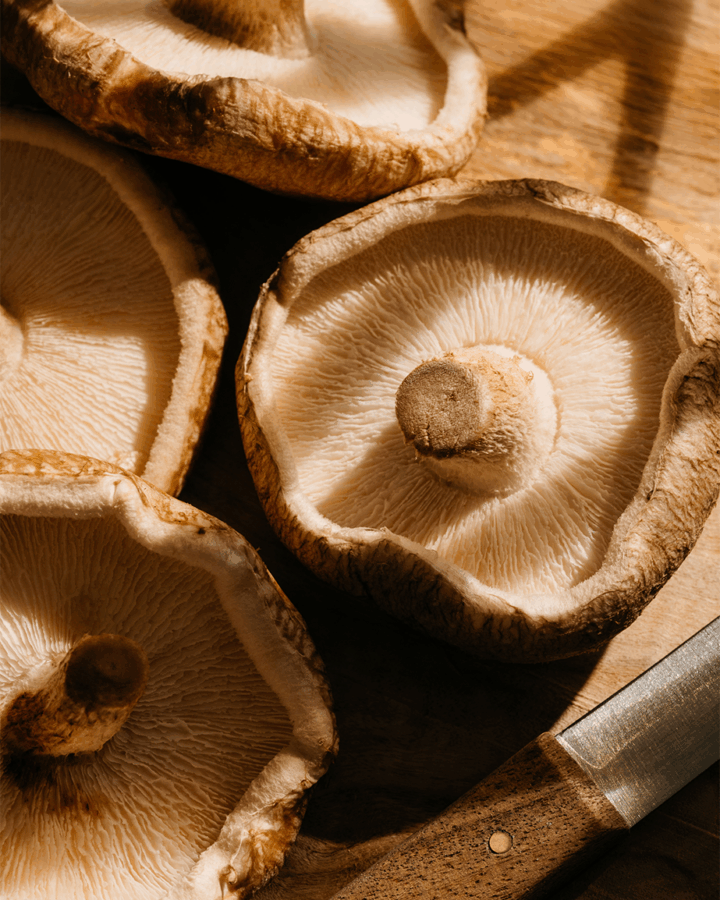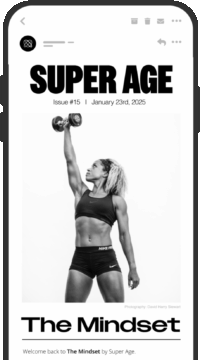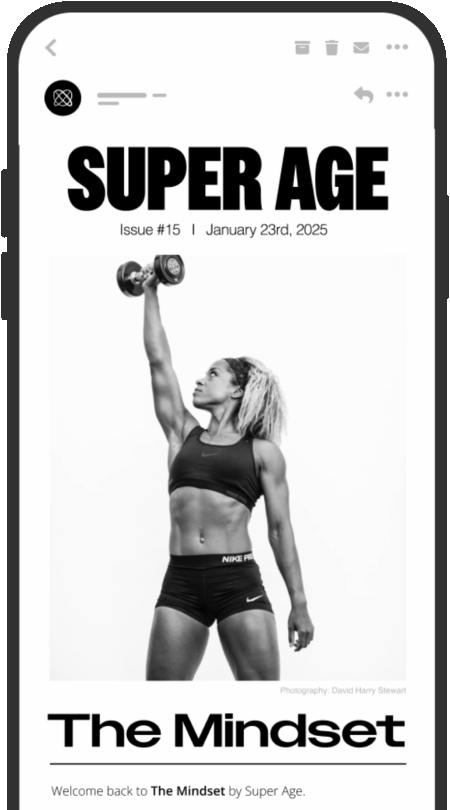The Power of Copper to Sharpen Your Brain, If You Get The Right Amount

A new study links optimal copper intake to better memory and cognition. Here’s how to get enough, naturally.
Copper probably isn’t top of mind when you think about nutrients that protect your brain. But maybe it should be. A new study published in Scientific Reports analyzed dietary copper intake in over 2,400 adults over age 60 and found that those consuming more copper scored significantly higher on tests of memory, processing speed, and verbal fluency.
The sweet spot? Between 1.2 and 1.6 mg of dietary copper per day.
That’s well within reach for most people eating a nutrient-dense diet. Here’s what to know about this small but mighty trace mineral.
Why Copper Matters for Your Brain
Copper plays a critical role in neurotransmitter synthesis (making the brain chemicals that help nerve cells talk to each other), mitochondrial energy production, and antioxidant defense, all of which are essential for [kog-ni-tiv helth]nounThe ability to think, learn, and remember clearly as you age, supported by brain structure, function, and lifestyle factors like sleep, diet, and exercise.Learn More and [ri-zil-yuhns]nounThe ability to recover quickly from stress or setbacks.Learn More as we age. It also helps protect neurons from oxidative damage, a known driver of cognitive decline.
The study found that older adults in the highest quartile of copper intake had the strongest cognitive scores, even after controlling for age, income, education, stroke, diet, and other health factors. Notably, the biggest gains were seen in people with a history of stroke, pointing to copper’s potential in brain repair and recovery.
Importantly, More Isn’t Better
Researchers observed an inverted L-shaped curve: cognitive benefits rose with copper intake up to about 1.6 mg/day, then plateaued.
Key thresholds for brain benefit:
- Overall cognitive performance = 1.22 mg/day
- Verbal fluency = 1.42 mg/day
- Processing speed and executive function = 1.63 mg/day
This is a reminder that copper needs are individual and chronic over-supplementation can lead to oxidative stress and even neurotoxicity.
The Best Food Sources of Copper
For most healthy adults, copper needs can (and should) be met through food. Supplements aren’t typically needed and can be risky in high doses. If you’re concerned about deficiency (especially after bariatric surgery or with malabsorption conditions), talk to your healthcare provider.
Copper is found in a range of whole foods. Here’s what to put on your plate:
- Beef liver, 3 oz = 4.0 mg copper per serving
- Oysters, 3 oz = 0.7 mg
- Shiitake mushrooms, ½ cup cooked = 0.65 mg
- Cashews, 1 oz = 0.62 mg
- Sunflower seeds, 1 oz = 0.5 mg
- Dark chocolate (70–85%), 1 oz = 0.5 mg
- Chickpeas, ½ cup cooked = 0.35 mg
- Avocado, 1 whole = 0.3 mg
- Quinoa, 1 cup cooked = 0.36 mg
- Tofu, ½ cup = 0.35 mg
- Kale, 1 cup cooked = 0.2 mg
The recommended daily allowance (RDA) for copper is 0.9 mg/day for adults, but this study suggests 1.2–1.6 mg/day may optimize brain health for older adults.
How to Boost Copper Absorption Naturally
Copper bioavailability, the amount your body actually absorbs, can be influenced by how and what you eat. Try these food pairings and strategies:
- Pair copper-rich foods with vitamin C (like citrus, bell pepper, or broccoli) to enhance mineral absorption.
- Avoid excess [zingk]nounA mineral important for immune function and wound healing.Learn More supplementation, which competes with copper for absorption.
- Limit high-dose iron supplements unless medically necessary, as iron can inhibit copper uptake.
- Eat copper-rich plants with healthy fats, like avocado or olive oil, to enhance fat-soluble nutrient absorption and help with mineral transport.
The path to better cognitive health is both simple and delicious: toss sunflower seeds into your salad, savor some dark chocolate, enjoy a chickpea curry or mushroom risotto. You don’t need mega-doses, just mindful, mineral-rich meals to add copper to the growing list of brain-essential nutrients that deserve your attention in midlife and beyond.
The information provided in this article is for educational and informational purposes only and is not intended as health, medical, or financial advice. Do not use this information to diagnose or treat any health condition. Always consult a qualified healthcare provider regarding any questions you may have about a medical condition or health objectives. Read our disclaimers.


